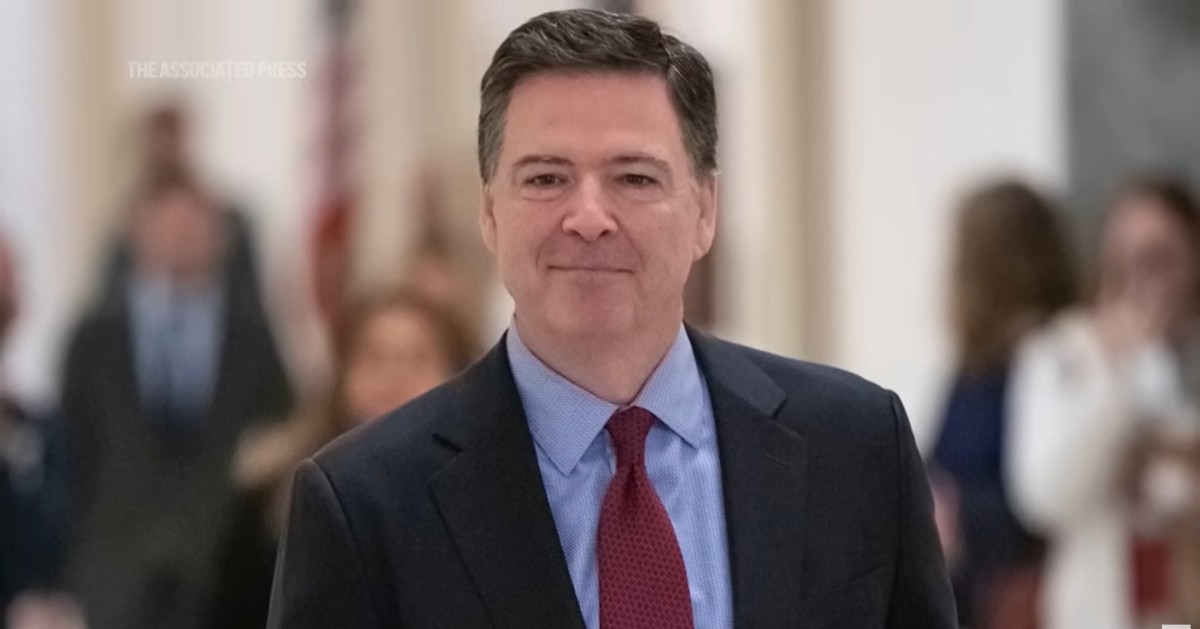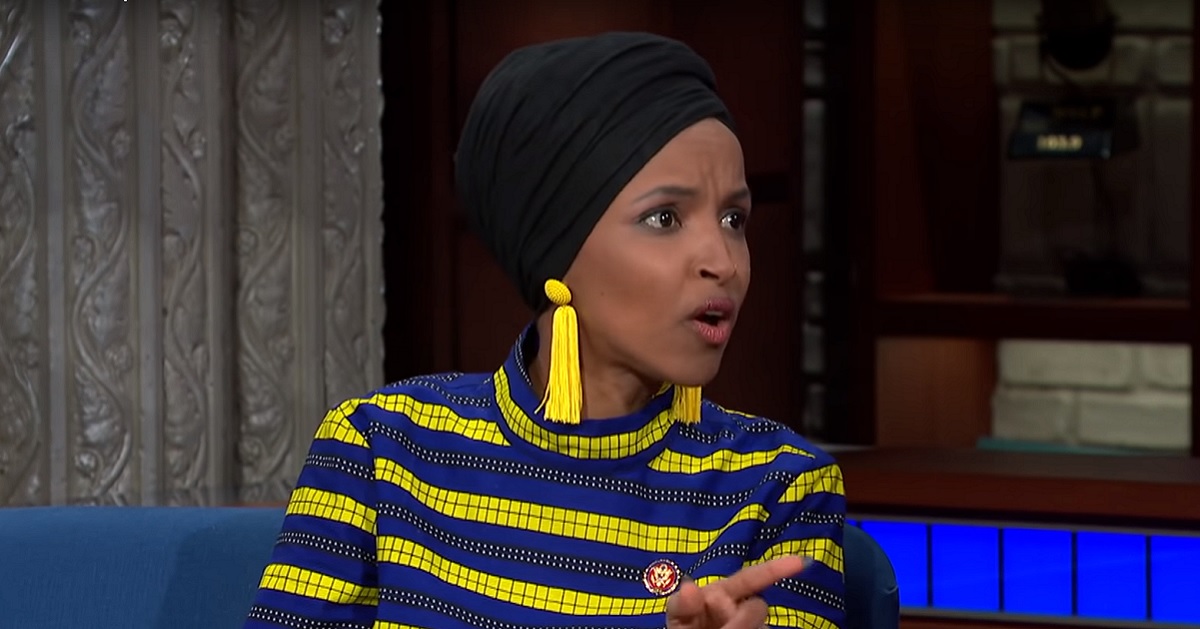Chicago judge mandates release of 600 detained migrants
Brace yourselves, folks -- a federal judge in Chicago just threw a wrench into the Trump administration’s immigration crackdown with a ruling that has conservatives scratching their heads.
A Biden-appointed judge, Jeffrey Cummings, has ordered the release of 600 unauthorized migrants detained during a major operation in Chicago, citing unlawful arrests and a lack of probable cause, while tensions between the Trump administration and local Democratic leaders continue to boil over, as the Daily Mail reports.
This saga kicked off in early September when President Donald Trump sent federal agents, including ICE and Border Patrol, into Chicago to tackle crime and enforce immigration laws under “Operation Midway Blitz.”
Operation Midway Blitz sparks controversy
Trump touted the operation’s success on Truth Social, claiming a significant drop in crime -- 35% fewer shootings, 41% fewer robberies, and nearly 50% fewer carjackings since the intervention began. But the celebration was short-lived as local leaders, including Illinois Gov. JB Pritzker and Chicago Mayor Brandon Johnson, pushed back hard against what they saw as federal overreach.
Pritzker didn’t mince words, warning Trump to stay out of Chicago and calling the deployment of federal forces “illegal, unconstitutional, and un-American.” His stance, echoed by Mayor Johnson, led to legal challenges and executive orders creating “ICE-free zones” in the city. Talk about rolling out the unwelcome mat!
The presence of federal agents wasn’t just a policy disagreement -- it sparked violent protests across Chicago, with attacks on agents and attempts to obstruct ICE operations. It’s a stark reminder that when ideology clashes with enforcement, the streets often pay the price.
Judge’s ruling undermines federal efforts
Fast forward to the latest blow: Judge Cummings’ order to release 600 detainees on a modest $1,500 bond, complete with electronic monitoring. The ruling, spurred by a lawsuit from the National Immigrant Justice Center and the ACLU, targets those not deemed security risks and arrested without proper warrants. While some might see this as mercy, others argue it’s a dangerous undermining of law and order.
The Department of Homeland Security didn’t hold back, slamming the decision with a fiery statement: “Now an ACTIVIST JUDGE is putting the lives of Americans directly at risk by ordering 615 illegal aliens be released into the community.” That’s a gut punch to those who believe federal efforts are finally cleaning up Chicago’s streets.
Adding fuel to the fire, many of the arrested migrants have already been deported or agreed to leave voluntarily, raising questions about why this ruling even matters for some. Still, for the Trump administration, it’s a frustrating setback in a city they’ve prioritized for strict immigration enforcement.
Trump’s broader strategy faces resistance
Trump’s broader strategy hasn’t fared much better, with federal courts blocking National Guard deployments not just in Chicago but also in Portland, despite successful rollouts in cities like Los Angeles and Memphis. The administration even appealed to the Supreme Court to lift these restrictions, but for now, its hands are tied. It’s a classic case of judicial roadblocks meeting executive ambition.
Trump hasn’t been shy about his frustration, taking to Truth Social to blame “Radical Democrat Leadership” for obstructing progress while touting the early results of his operation: “This is with just a small initial Federal Force, not the full ‘surge’ we have done in Chicago and Memphis.” His point? Give him the tools, and he’ll finish the job.
Meanwhile, Chicago’s iconic Magnificent Mile -- misnamed “Miracle Mile” by Trump in a post -- has become a symbol of the city’s struggles, with a 28% vacancy rate and high-profile crimes like a Rolex store robbery in September. Trump’s call to “CALL IN THE TROOPS, FAST” might resonate with those tired of urban decay, but it’s a tough sell when local leaders are dead-set against it.
Local leaders dig in
Mayor Johnson fired back at Trump’s rhetoric, labeling him “unstable” and pointing to a pattern of targeting Black leaders for criticism. It’s a charged accusation, but one that sidesteps the core issue of whether federal intervention is helping or hurting Chicago’s safety. The culture war rages on, often drowning out practical solutions.
Pritzker doubled down in October, declaring, “Militarizing our communities against their will is not only un-American but also leads us down a dangerous path for our democracy.” Noble words, perhaps, but when crime stats are dropping under federal watch, one wonders if ideology is trumping results.
As this battle unfolds, Chicago remains a flashpoint in the national debate over immigration and public safety. The release of these 600 migrants is just one chapter in a much larger story of clashing visions for America’s future. Will federal resolve win out, or will local resistance hold the line? Only time will tell.





